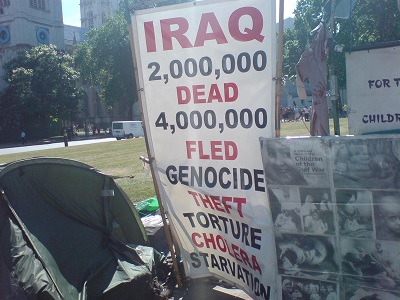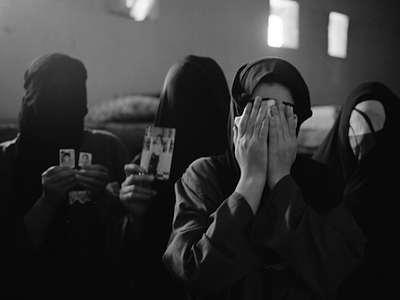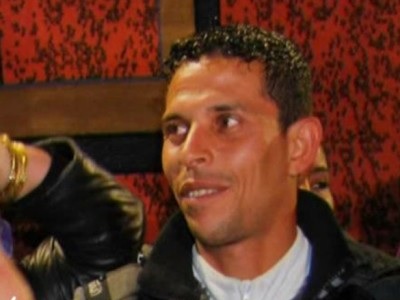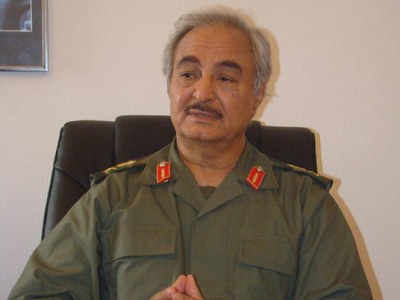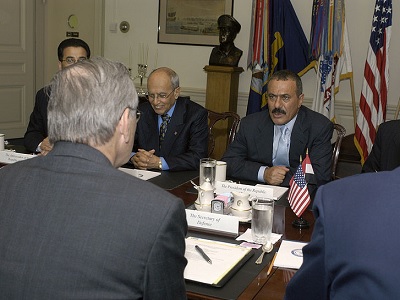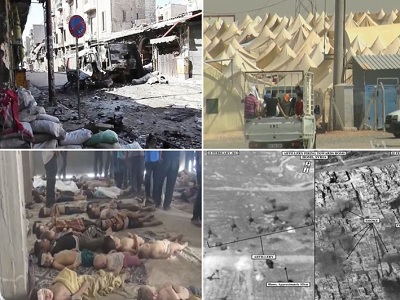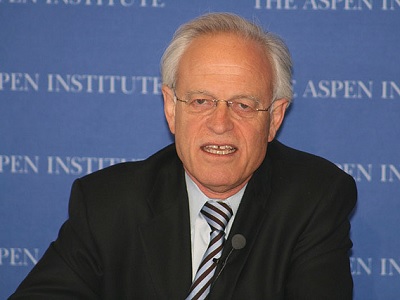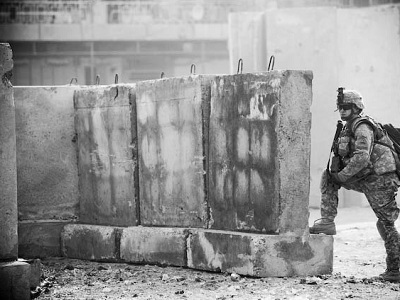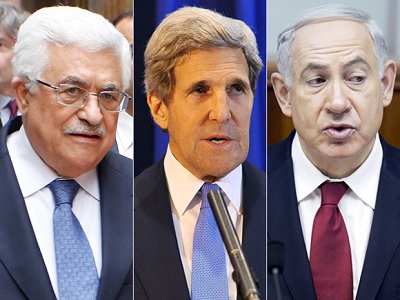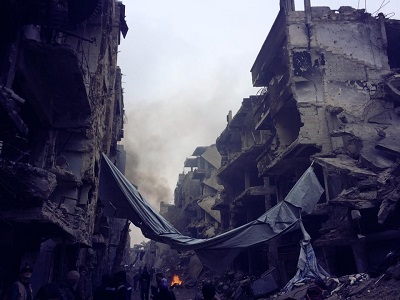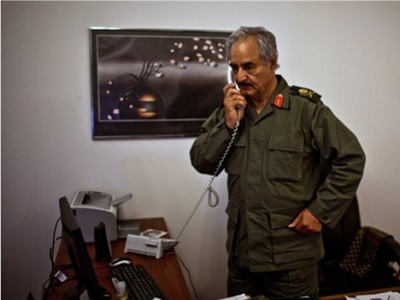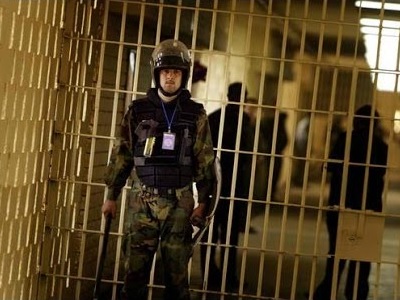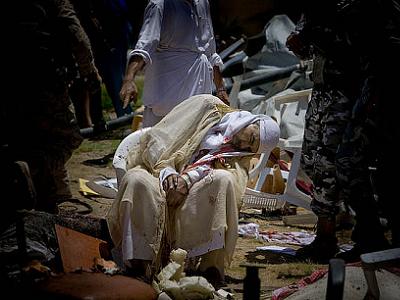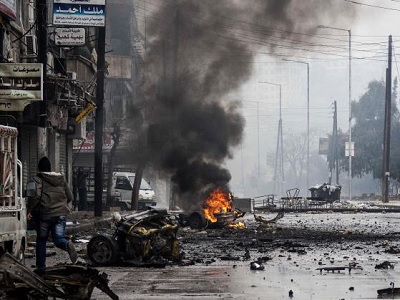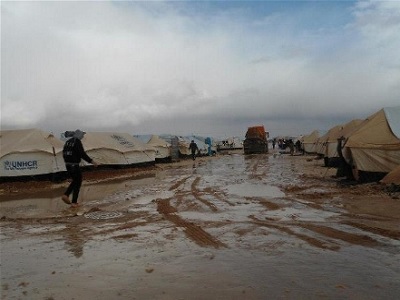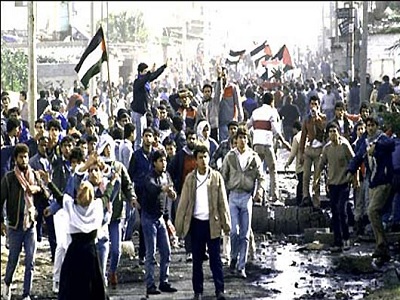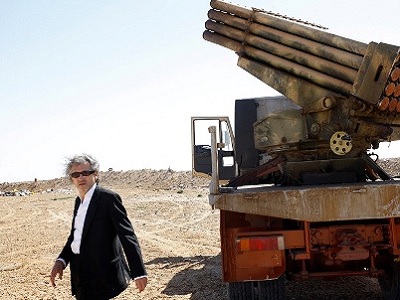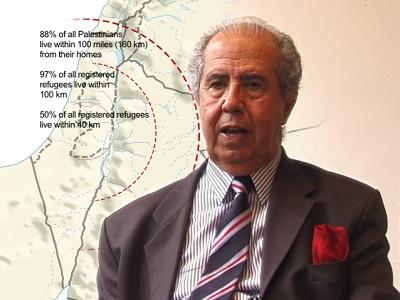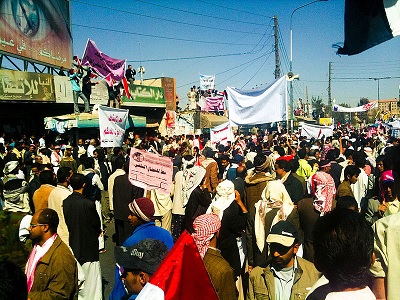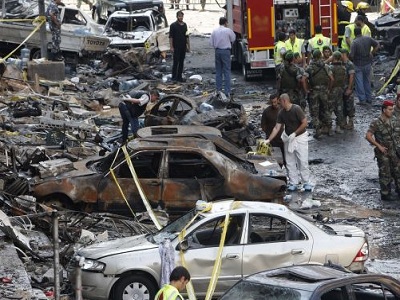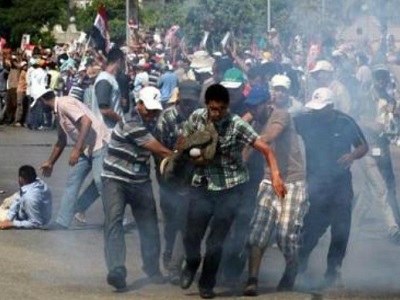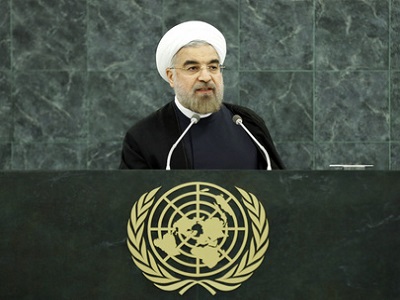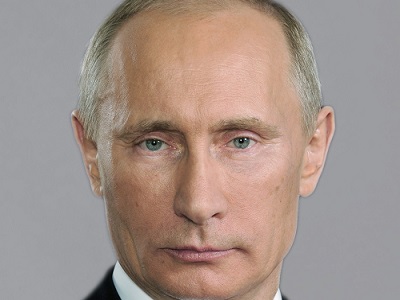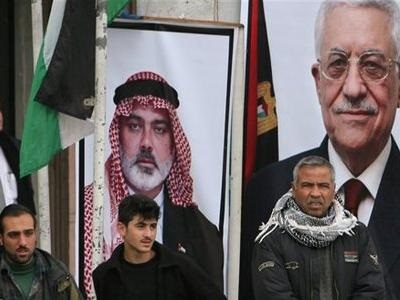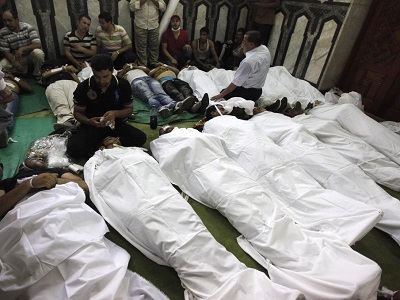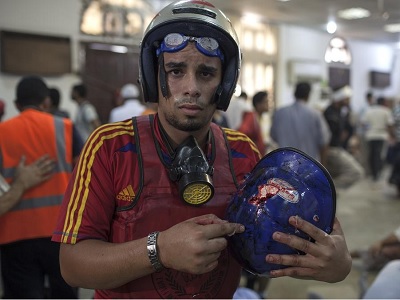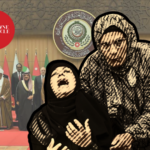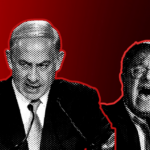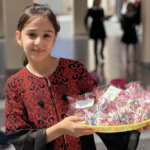- May 12, 2025
Middle East
Reverting to the Ummah: Who is the ‘Angry Muslim’ and Why
By Ramzy Baroud “Brother, brother,” a young man called on me as I hurriedly left a lecture hall in some community center in Durban, South Africa. This happened at the height of the Afghanistan and Iraq wars, when all efforts at stopping the ferocious US-western military drives against these two countries terribly failed. The young […]
ISIL and Iraq’s Pandora’s Box
By Ramzy Baroud “Labeiki ya Zaynab,” chanted Iraqi Shiite fighters as they swayed, dancing with their rifles before news cameras in Baghdad on 13 June. They were apparently getting ready for a difficult fight ahead. For them, it seemed that a suitable war chant would be answering the call of Zaynab, the daughter of Imam […]
The Lost Voices of the Arab Revolutions
By Ramzy Baroud The Arab uprisings were sparked and fuelled by the justified demands of impoverished, oppressed peoples. The world’s media almost entirely missed this narrative Irrespective of how one feels about the direction taken by various Arab revolutions in the last three years, a few facts remain incontestable. Arab revolts began in the streets […]
Haftar Leads A Coup: A General’s Odd War on the Muslim Brotherhood
By Ramzy Baroud On 16 May, Libya’s rogue general Khalifa Haftar staged several bloody attacks against other Libyan militias in the name of eradicating terrorism by leading a paramilitary force evasively named the Libyan National Army. His well-equipped brigades were rapidly joined by officers from national army bases in the eastern parts of the country. […]
What the Media Not Telling Us about Yemen
By Ramzy Baroud “In Yemen today, the US embassy is closed to the public. Officials telling CNN there is credible information of a threat against Western interests there,” a CNN news anchor read the news bulletin on May 08. This is CNN’s Yemen. It is a Yemen that seems to exist for one single purpose, […]
Navigating Syria: The Impossible, Indispensable Mission
By Ramzy Baroud I unfriended another Facebook friend this week. It may seem to be a trivial matter, but for me, it is not. The reason behind my action was Syria. As in Egypt, Syria has instigated many social media breakups with people whom, until then, were regarded with a degree of respect and admiration. […]
US Pursues ‘Peace’ on Israel’s Terms
By Ramzy Baroud To understand how thoughtless the latest US "peace process" drive has become, one only needs to consider some of the characters involved in this political theatre. One in particular who stands out is Martin Indyk. Indyk, a former US ambassador to Israel, was last July selected by Secretary of State John Kerry […]
‘Reality Check’: US Empire beyond Salvation
By Ramzy Baroud U.S. Secretary of State John Kerry couldn’t hide his frustration anymore as the U.S.-sponsored peace process continued to falter. After eight months of wrangling to push talks between Israel and the Palestinian Authority forward, he admitted while in a visit to Morocco on April 4 that the latest setback had served as […]
Kerry’s Looming Deadline and the Peace Process Industry
By Ramzy Baroud As the US-imposed April 29 deadline for a ‘framework’ agreement between the Israeli government and the Palestinian Authority looms, time is also running out for the American administration itself. The Obama administration must now conjure up an escape route to avoid a political crisis if the talks are to fail, as they […]
Tears of Yarmouk – The Palestinian Lesson that Every Syrian Should Know
By Ramzy Baroud In the early days of the Syrian uprising-turned civil war three years ago, the writing on the wall of it becoming an intricate regional and international conflict was there for all to see. Palestinians in Syria were likely to find themselves a pawn in a dirty war, but few could have predicted […]
The Libyan Bedlam: General Hifter, the CIA and the Unfinished Coup
By Ramzy Baroud On Friday, Feb 14, 92 prisoners escaped from their prison in the Libyan town of Zliten. 19 of them were eventually recaptured, two of whom were wounded in clashes with the guards. It was just another daily episode highlighting the utter chaos which has engulfed Libya since the overthrow of Muammar Ghaddafi […]
Preserving the Abu Ghraib Culture: The Harrowing Abuse of Iraqi Women
By Ramzy Baroud “When they first put the electricity on me, I gasped; my body went rigid and the bag came off my head,” Israa Salah, a detained Iraqi woman told Human Rights Watch (HRW) in her heartrending testimony. Israa (not her real name) was arrested by US and Iraqi forces in 2010. She was […]
Iraq near Implosion: The ‘Bad Years’ Are Back
By Ramzy Baroud As U.S. Secretary of State John Kerry hurried to his helicopter ready to take off at the end of a visit to Iraq last year, it was becoming clearer that the Americans have lost control of a country they wished to mold to their liking. His departure on March 24, 2013 was […]
Starving Refugees: How We Disowned Palestinians in Syria
By Ramzy Baroud A worst case scenario is unfolding in Syria, and Palestinian refugees, particularly in the Yarmouk refugee camp, are paying a heavy price for Syria’s cruelest war. They are starving, although there can be no justification, nor logistical explanation for why they are dying from hunger. Spokesman for the UN Relief and Works […]
2013: Assessing the Conflict in Syria and Egypt – The War Continues
By Ramzy Baroud 2013 has expectedly been a terrible year for several Arab nations. It has been terrible because the promise of greater freedoms and political reforms has been reversed, most violently in some instances, by taking a few countries down the path of anarchy and complete chaos. Syria and Egypt are two cases in […]
Beit Sahour: Boycott is Historically Palestinian
By Ramzy Baroud As the Boycott, Sanctions and Divestment (BDS) movement continues to grow, and thus Israel’s international isolation, one must remember that the boycott is an authentically collective Palestinian strategy that is rooted in history. The BDS debate is at such an advanced stage that it has indeed surpassed all expectations. A few years […]
From the Middle East to Lausanne: Arabic Thoughts amidst the Alps
By Ramzy Baroud Here in Switzerland, the train chugs along nicely between Geneva and Lausanne. The Alpine mountain range desperately fights to make its presence known despite the irritating persistence of low- hanging clouds. A friend had just introduced me to the music of J.J. Cale, but my thoughts were moving faster than the speed […]
Impossible Dialogue: The Choice in Yemen
By Ramzy Baroud Chances are dim that elections will be held in Yemen next February. Yet without elections, the push for reforms and change that were inspired by the Yemeni revolution would become devoid of any real value. Yemenis might find themselves back on the street, repeating the original demands that echoed in the country’s […]
Bernard Henri Levy and the Destruction of Libya
By Ramzy Baroud While Israeli Prime Minister Benjamin Netanyahu is "the world’s most influential Jew", Bernard-Henri Levy is number 45, according to an article published in the Jerusalem Post, on May 21, 2010. Levy, per the Post’s standards, came only two spots behind Irving Moskowitz, a "Florida-based tycoon considered the leading supporter of Jewish construction […]
When Falsehoods Triumph: Why A Winning Palestinian Narrative is Hard to Find
By Ramzy Baroud (Editor’s Note: Ramzy Baroud will be conducting a speaking tour in France, Switzerland, Belgium and Luxemburg starting Dec 2. For more information click here.) In an initially pointless exercise that lasted nearly an hour, I flipped between two Palestinian television channels, Al Aqsa TV of Hamas in Gaza and Palestine TV of Fatah […]
Asking the Wrong Questions: Did Arab Revolutions Fail?
By Ramzy Baroud Challenging the falsehoods and simplifications that surrounded the so-called Arab Spring from the very start doesn’t necessarily mean that one is in doubt of the very notion that genuine revolutions have indeed gripped various Arab countries for nearly three years. In fact, the revolutionary influx is still underway, and it will take many years […]
Lebanon Haunted by Ghosts of Civil War
By Ramzy Baroud Throughout the years, Lebanon’s demographics have experienced periodic influx. But in the last two years, the demographic shift has become overwhelming due to the influx of Syrian refugees in desperate need of shelter. The situation is highly charged, if not perilous, considering Lebanon’s unmanageable sectarian balances and the direct involvement of Lebanese […]
Sectarianism: Redrawing the Map of Middle East
By Ramzy Baroud The warm waters of the Gulf look quiet from where I am sitting in Doha, but such tranquility hardly reflects the conflicts this region continues to generate. The euphoria of the so-called Arab Spring is long gone, but what remains is a region that is rich with resources and burdened with easily […]
South vs. North: Yemen Teeters between Hope and Division
By Ramzy Baroud On Oct 12, tens of thousands of Yemenis took to the streets of Eden in the South of the country, mostly demanding secession from the north. The date is significant, for it marks the 1967 independence of South Yemen, ending several decades of British colonialism. But for nearly five decades since then, […]
New York Times Fiction: On Obama’s Letter to Rouhani
By Ramzy Baroud Mark Landler is a White House correspondent for The New York Times. Under the title “Through Diplomacy, Obama Finds a Pen Pal in Iran”, Landler wrote of President Barack Obama’s deep “belief in the power of the written word,” and of his “frustrating private correspondence with the leaders of Iran.” (NYT, Sep. […]
Syria’s New Game: The Russian Factor
By Ramzy Baroud Many US media commentators were fairly accurate in labeling some of the language used by Russian President Vladimir Putin in a New York Times article as "hypocritical". But mainstream US media should be the last to point out anyone’s hypocrisy as it has brazenly endorsed every military intervention unleashed by their country […]
Tale of Two Cities: Ramallah, Gaza and the Identity Crisis
By Ramzy Baroud The distance between Gaza and Ramallah in sheer miles is hardly significant. But in actuality, both cities represent two different political realities, with inescapable cultural and socioeconomic dimensions. Their geopolitical horizons are vastly different as well – Gaza is situated within its immediate Arab surroundings and turmoil, while Ramallah is westernized in […]
Politics of Death: Can Human Life Be Devalued Like Currency?
By Ramzy Baroud How many Egyptians have been killed since the January 2011 revolt? My pursuit for exact figures has proven to be futile. Various sources suggest all sorts of numbers, some scrambled in such a way as to make a political point. It is as if the life of the ordinary Egyptian doesn’t matter […]
Egypt’s Unanswered Question
By Ramzy Baroud What is happening in Egypt? How is it possible that in a matter of two years a perceived evil can become virtuous? And how could those who shed many tears over the beating to death of Khaled Saeed at the hands of the Egyptian police in June 2010, justify with disheartening ferocity the […]
On Egypt’s Class-Struggle: Rabias of the World Unite
By Ramzy Baroud "Lord! You know well that my keen desire is to carry out Your commandments and to serve Thee with all my heart, O light of my eyes. If I were free I would pass the whole day and night in prayers. But what should I do when you have made me a […]


